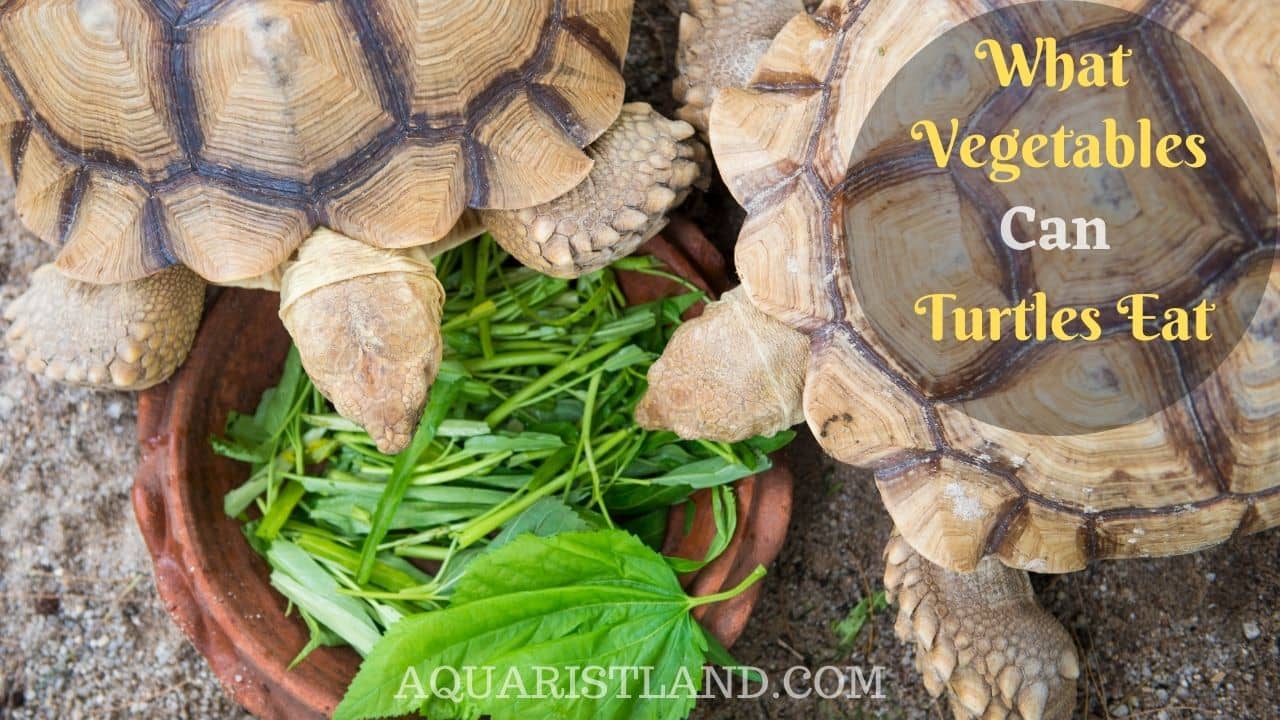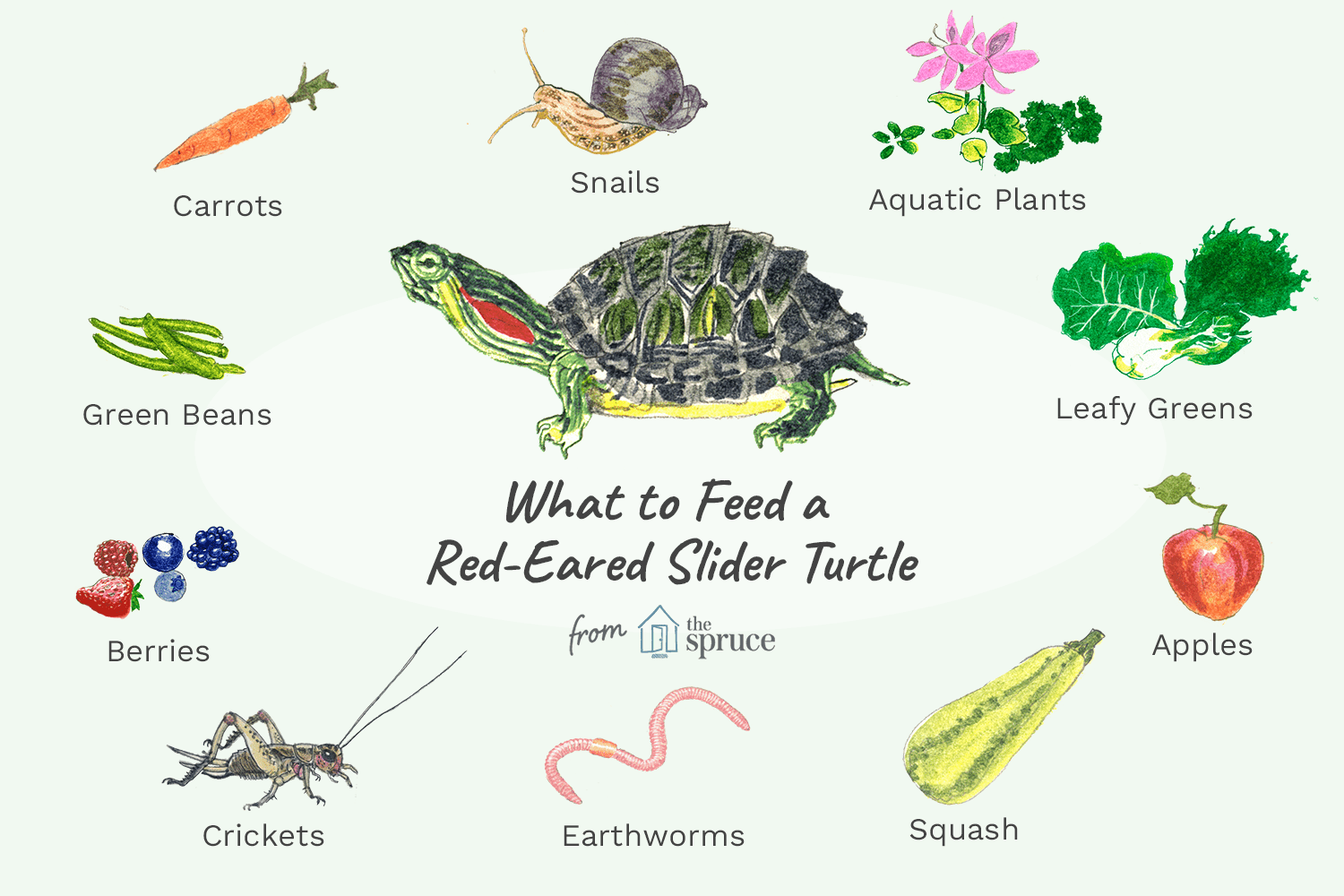In this article, we will explore the dietary needs of turtles and specifically focus on the vegetables that are safe and beneficial for them to consume. Turtles are fascinating creatures that require a balanced diet to thrive. While they are omnivores and can eat a variety of foods, including both plant and animal matter, vegetables play a crucial role in their nutrition. By understanding which vegetables are suitable for turtles, you can ensure that your pet receives the necessary nutrients for a healthy and happy life.

The Importance of a Balanced Diet for Turtles
Turtles, like any other living beings, require a balanced diet to maintain optimal health. A well-rounded diet ensures that they receive essential vitamins, minerals, and nutrients necessary for growth, development, and overall well-being. While commercial turtle pellets are commonly available and convenient, incorporating fresh vegetables into their diet is crucial for providing a diverse range of nutrients.
Safe and Nutritious Vegetables for Turtles
-
Leafy Greens: Leafy greens such as kale, spinach, and romaine lettuce are excellent choices for turtles. These vegetables are rich in vitamins A, C, and K, as well as calcium, which is essential for maintaining healthy bones and shells.
-
Carrots: Carrots are a great source of beta-carotene, which is converted into vitamin A in the turtle’s body. Vitamin A is vital for maintaining good eyesight and a strong immune system.
-
Bell Peppers: Bell peppers are not only colorful but also packed with nutrients. They are a rich source of vitamin C, which helps boost the turtle’s immune system and promotes overall health.
-
Squash: Squash varieties like zucchini and butternut squash are highly nutritious for turtles. They provide vitamins A and C, as well as dietary fiber, which aids in digestion.
-
Cucumbers: Cucumbers are hydrating and low in calories, making them a refreshing treat for turtles. They contain vitamins K and C, as well as silica, which promotes healthy skin and shells.
Feeding Guidelines for Turtles
When offering vegetables to your turtle, it is essential to follow these guidelines:
- Wash the vegetables thoroughly to remove any pesticides or dirt.
- Cut the vegetables into small, bite-sized pieces to make it easier for the turtle to consume.
- Offer a variety of vegetables to ensure a diverse nutrient intake.
- Monitor your turtle’s response to different vegetables and adjust the diet accordingly.
Remember that while vegetables are an important part of a turtle’s diet, they should not be the sole source of nutrition. It is crucial to provide a balanced diet that includes both plant and animal matter, such as commercial turtle pellets, insects, and occasionally, small amounts of lean protein.
Conclusion
In conclusion, turtles can benefit greatly from incorporating vegetables into their diet. Leafy greens, carrots, bell peppers, squash, and cucumbers are all safe and nutritious options for turtles. By offering a variety of vegetables, you can ensure that your turtle receives a well-rounded diet and the essential nutrients it needs to thrive. Remember to always monitor your turtle’s response to different foods and consult a veterinarian for specific dietary recommendations.
FAQs
1. Can turtles eat tomatoes?
Yes, turtles can eat tomatoes, but it is important to remove the seeds and skin before feeding them to your turtle. Tomatoes should be given in moderation as a treat due to their high acidity.
2. Are all vegetables safe for turtles to eat?
No, not all vegetables are safe for turtles. Some vegetables, such as onions and garlic, can be toxic to turtles and should be avoided. It is important to research and ensure that the vegetables you offer are safe for your specific turtle species.
3. How often should I feed vegetables to my turtle?
Vegetables should be offered to turtles on a daily basis, alongside other appropriate foods. The amount of vegetables to feed will depend on the size and species of your turtle. It is best to consult a veterinarian for specific feeding guidelines.
4. Can turtles eat frozen vegetables?
Yes, turtles can eat frozen vegetables, but it is important to thaw them before feeding. Frozen vegetables can be a convenient option, especially when fresh produce is not readily available.
5. Can turtles eat lettuce?
While lettuce, particularly iceberg lettuce, is not the most nutritious option for turtles, it can be offered occasionally as a treat. It is important to prioritize leafy greens like kale and spinach, which provide more beneficial nutrients.

